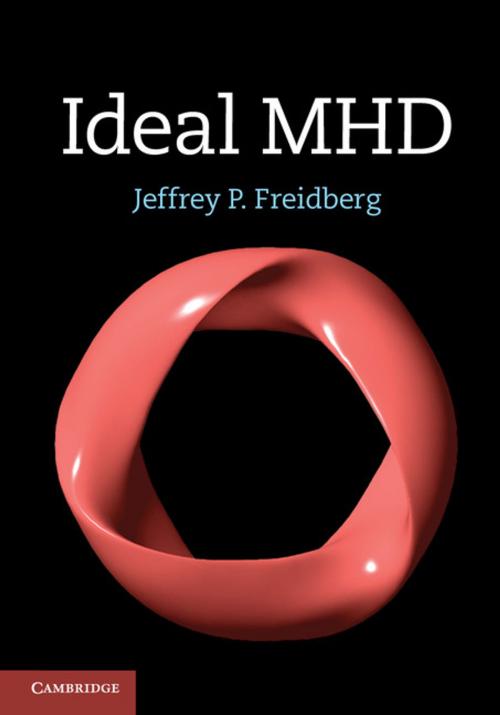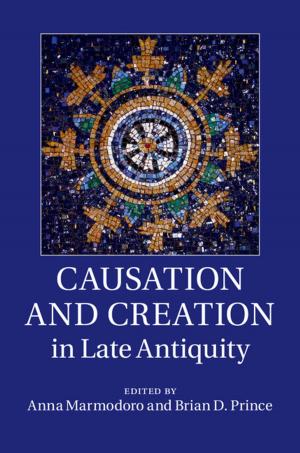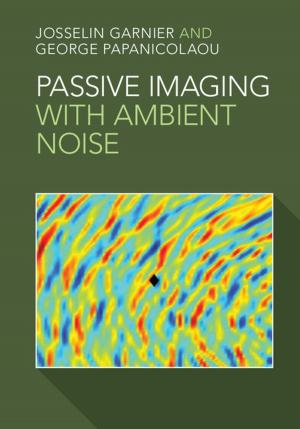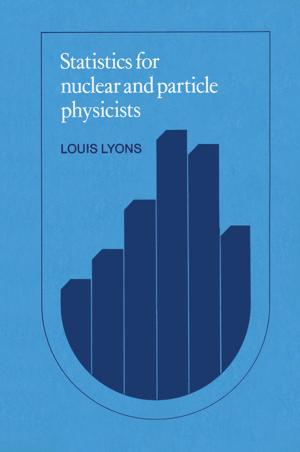| Author: | Jeffrey P. Freidberg | ISBN: | 9781139984867 |
| Publisher: | Cambridge University Press | Publication: | June 26, 2014 |
| Imprint: | Cambridge University Press | Language: | English |
| Author: | Jeffrey P. Freidberg |
| ISBN: | 9781139984867 |
| Publisher: | Cambridge University Press |
| Publication: | June 26, 2014 |
| Imprint: | Cambridge University Press |
| Language: | English |
Comprehensive, self-contained, and clearly written, this successor to Ideal Magnetohydrodynamics (1987) describes the macroscopic equilibrium and stability of high temperature plasmas - the basic fuel for the development of fusion power. Now fully updated, this book discusses the underlying physical assumptions for three basic MHD models: ideal, kinetic, and double-adiabatic MHD. Included are detailed analyses of MHD equilibrium and stability, with a particular focus on three key configurations at the cutting-edge of fusion research: the tokamak, stellarator, and reversed field pinch. Other new topics include continuum damping, MHD stability comparison theorems, neoclassical transport in stellarators, and how quasi-omnigeneity, quasi-symmetry, and quasi-isodynamic constraints impact the design of optimized stellarators. Including full derivations of almost every important result, in-depth physical explanations throughout, and a large number of problem sets to help master the material, this is an exceptional resource for graduate students and researchers in plasma and fusion physics.
Comprehensive, self-contained, and clearly written, this successor to Ideal Magnetohydrodynamics (1987) describes the macroscopic equilibrium and stability of high temperature plasmas - the basic fuel for the development of fusion power. Now fully updated, this book discusses the underlying physical assumptions for three basic MHD models: ideal, kinetic, and double-adiabatic MHD. Included are detailed analyses of MHD equilibrium and stability, with a particular focus on three key configurations at the cutting-edge of fusion research: the tokamak, stellarator, and reversed field pinch. Other new topics include continuum damping, MHD stability comparison theorems, neoclassical transport in stellarators, and how quasi-omnigeneity, quasi-symmetry, and quasi-isodynamic constraints impact the design of optimized stellarators. Including full derivations of almost every important result, in-depth physical explanations throughout, and a large number of problem sets to help master the material, this is an exceptional resource for graduate students and researchers in plasma and fusion physics.















